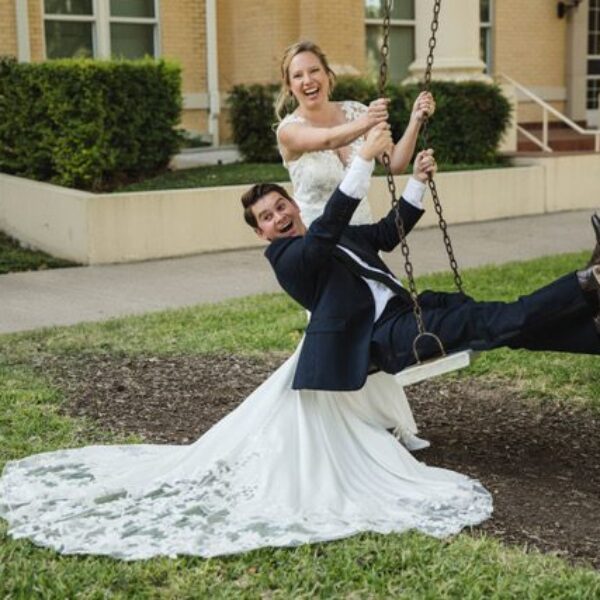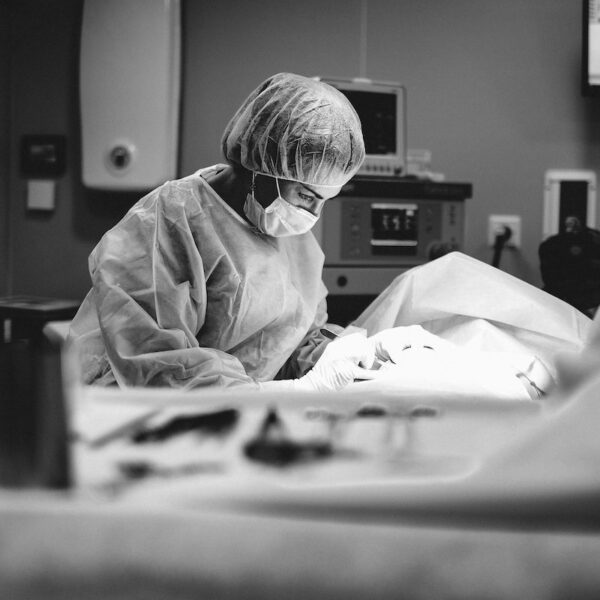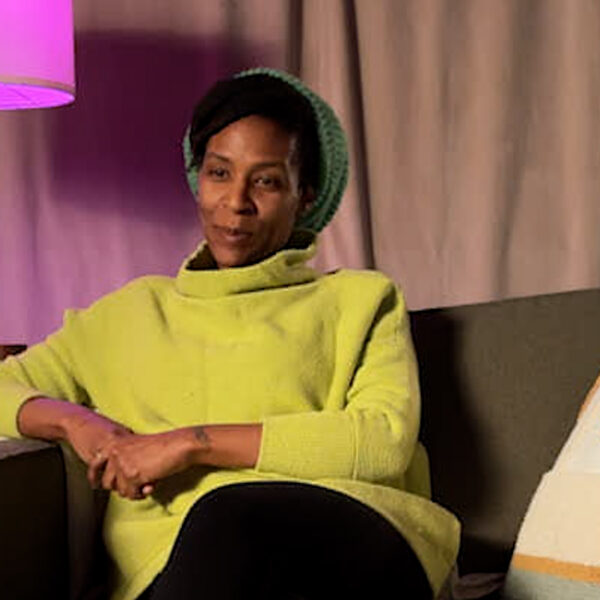
They were denied essential health care in Texas—and they’ve been fighting back ever since.
Synopsis
Their stories helped expose the cruelty of Texas’ abortion bans. Now, they say the situation for pregnant people in Texas could get even worse. Ashley Brandt, Kaitlyn Kash, Lauren Miller, Taylor Edwards, Samantha Casiano, Jessica Bernardo, and Hollie Cunningham shared their experiences being denied essential health care and underscored the need to expand abortion access for people across their home state.
A group of women denied medical care in their home state are speaking out about the harm caused by Texas’ abortion bans—and the need to expand abortion access for all pregnant people. They’ve come forward as “a bunch of Texas moms,” united by, in their words, “a bond after coming forward with our stories.”
For the first time since Texas banned nearly all abortions, Republican lawmakers are considering changes to the law. These women are speaking out to make one thing clear: this legislation doesn’t go far enough. In some ways, they argue, it could make a dangerous situation for Texans even more dire.
Since Texas enacted its near-total abortion ban, the impact on families has drawn national attention. People have had to flee the state for life-saving abortions, pregnant women have died in hospitals after being denied care, mothers have been forced to carry nonviable pregnancies to term, and the state has fined and called for the arrests of medical professionals who try to help.
In response to the massive public outcry that has resulted, Texas lawmakers introduced new legislation to add narrow exceptions to the state’s abortion bans. These women are sharing their stories to show that, despite lawmakers’ claims, the legislation doesn’t provide enough clarity on when doctors can intervene to save a patient’s life.
Read their stories shared during a Free & Just press conference:
Samantha Casiano, East Texas
“In 2022, we found out our daughter had anencephaly. I had to carry her to term, knowing she would die. I walked around from 20 to 32 weeks pregnant, knowing I was a walking casket.
We couldn’t afford to leave the state. I had four kids at home. What would happen to them if we were arrested? My doctor told me I had no options. And when I gave birth, my daughter bled from her eyes. She died in her father’s arms after four hours of suffering.
This is inhumane. I should have had the right to make motherly decisions. Instead, lawmakers ignored people like me. And [this new legislation] doesn’t even include fatal fetal anomaly exceptions.”
Ashley Brandt, Dallas
“In 2022, my husband and I were thrilled to be having twin girls. But one of our twins was diagnosed with acrania—a fatal condition. My life and the life of my healthy twin were at risk, but I wasn’t considered an exception. I had to flee to Colorado for care. That trip cost thousands of dollars and left me traumatized.
Back home, my doctors wouldn’t even list my abortion in my medical records. I didn’t acknowledge my pregnancy publicly until my daughter was safe in my arms. I feared being criminalized, and that my medical team would be blamed.
[This legislation] does nothing for people in my situation. In fact, it makes things worse by opening the door to prosecuting people. My daughter, now 2.5 years old, is healthy and happy. But our state treats her—and me—as collateral damage.
I’m enraged that my own mother had more rights giving birth to me than I do giving birth to my daughter.”
Lauren Miller, Dallas
“I’m Lauren. I’m going to go full Texan for a second. There’s a saying: ‘Don’t pee on my leg and tell me it’s raining.’ Y’all, my leg is wet.
If [these bills] are about clarifying exceptions, then clarify them. But they don’t. These bills normalize doctors needing lawyers to practice medicine.
When I went to the ER, I was at risk of kidney and brain damage. But how close to death did I need to be to qualify for an abortion? These are questions for doctors, not lawyers.”
Hollie Cunningham, Dallas
“I’ve lived in Texas for 25 years. I’m a wife and a mother of two boys. I had to flee Texas twice in one year to receive basic pregnancy care. Both of my daughters were diagnosed with anencephaly, a fatal condition. There’s no treatment, no chance of survival.
My doctor of 23 years couldn’t help me. We were left to figure everything out, grieving and terrified. My husband, a Marine veteran, had to drive me to the airport so I could get care our state refused to provide.
We spent thousands. We left our kids behind. I walked into clinics far from home, shattered and scared. This is not freedom. This is not family values.
Now, [this new legislation] risks reviving a law that could prosecute people like my husband for helping me get care. That would destroy him. It would destroy us.”
Taylor Edwards, Austin
“I was forced to flee the state. That fear—the fear I felt planning an out-of-state abortion—is something people don’t understand. I boarded a plane visibly pregnant, terrified I’d be arrested when I came home.
The laws are designed to make you feel like a criminal. I couldn’t get information from my doctor. When I returned from Colorado, the doctor there gave me her personal cell number and told me to call her before going to the ER, because she didn’t trust what kind of care I’d receive in Texas.”

‘Texas law forced me to choose: Watch my baby die or flee my home for medical help’

Texas native reveals: ‘Why I’ll be terrified to practice in Texas as an OB-GYN’
